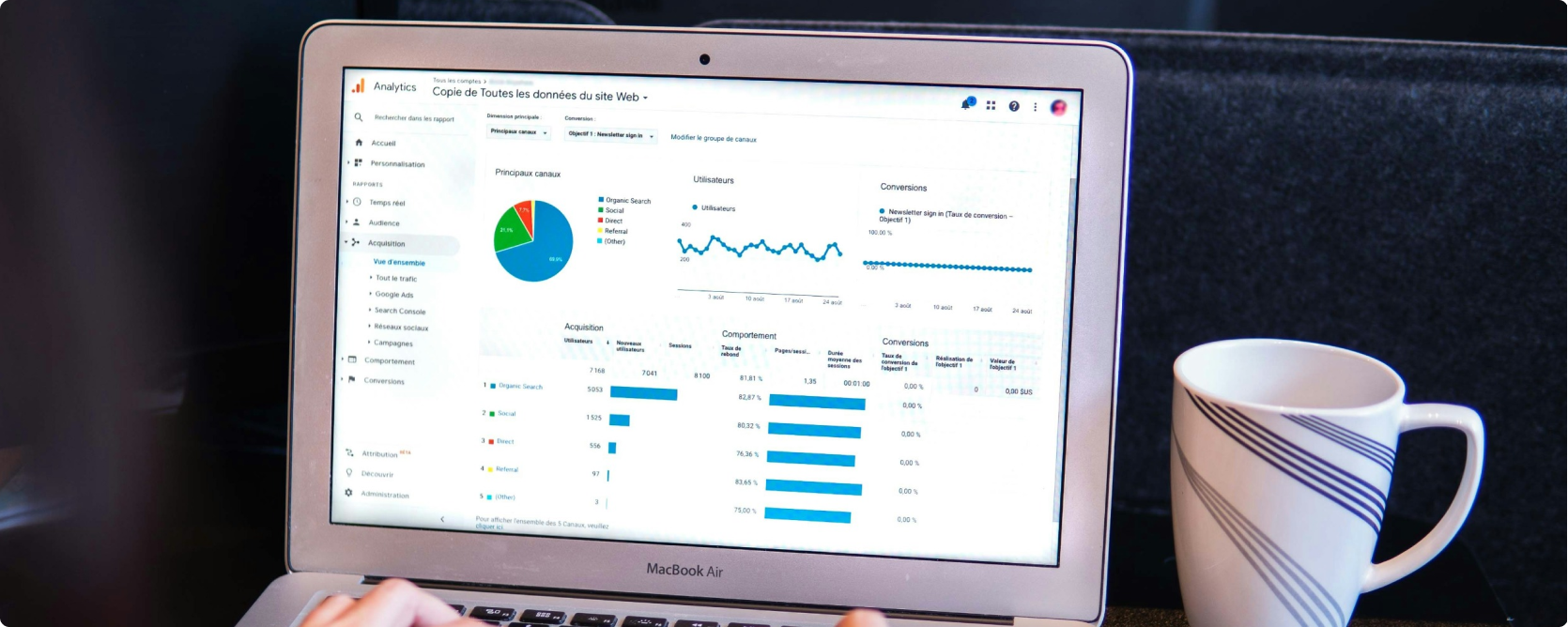
Pay-per-click advertising is a model of internet marketing in which advertisers pay a fee each time if one of their ads is clicked. Essentially, it’s a way of buying visits to your site, rather than attempting to “earn” those visits organically. This case study examines how PPC advertising works within the healthcare industry, exploring its mechanisms, benefits, challenges, and the impact it has on healthcare digital marketing.
What is Pay-per-click advertising?
PPC advertising is primarily conducted through platforms like Google Ads, Bing Ads, and social media channels such as Facebook, Instagram, and LinkedIn. Advertisers bid on keywords relevant to their target market, and when users search for those keywords, ads appear alongside the search results. Each click on the ad leads the user to a designated landing page, typically with a specific call-to-action.
How does PPC work in a healthcare setting?
Keyword research and selection:
In the healthcare sector, keyword research is important. Keywords must be carefully selected to ensure they align with the services provided and the intent of the target audience. For example, keywords for a PPC campaign could range from specific treatments like “knee replacement surgery” to more general terms like “best hospital for me”.
Ad creation and copywriting:
The ad copy must be compelling and comprehensive, often including a call-to-action such as “Book an appointment” or “Contact us”. Given the sensitive nature of healthcare, the language used must be professional, reassuring and convincing.
Bidding and Budget Management:
Healthcare providers set a budget for their PPC campaigns, deciding how much they are willing to pay per click. The bidding process is competitive, and the cost per click (CPC) can vary based on the popularity of the keywords and the competition.
Monitoring and optimization:
Continuous monitoring and optimization are essential. This includes analyzing which keywords are performing well, adjusting, improving ad copy, and enhancing landing pages. Performance metrics such as click through rate (CTR), conversion rates, and return on investment (ROI) are regularly reviewed.
How is PPC used in healthcare digital marketing?
Many hospitals do not use PPC advertising, so you gain an advantage simply by using it to attract search engine users. It can also help your client’s hospital increase traffic and brand recognition.
Furthermore, it is extremely beneficial to get in front of potential patients while they are researching their options. For example, if someone in your city searches for “knee replacement surgery” + “city name” it is likely that they’re looking for a surgeon or will need one soon.
Getting an organic ranking for popular search terms can be challenging. However you can make sure your hospital appears for some of those search terms by using PPC.
What are the important aspects we incorporate into PPC campaigns?
Research:
We do a lot of research before launching any of our healthcare marketing campaigns. We analyze your competitors’ campaigns to identify trends, patterns, and the most effective ways to achieve desired results. This allows you to know what they are doing and how they plan.
We conduct research in addition to developing a competitive strategy to decide on the right budget to use for your campaigns. Low spending will lead to low clicks, impressions, and conversion rates. However, overspending could be a waste of money.
Strategy and planning:
Developing a healthcare PPC campaign strategy that aligns with your financial constraints and corporate objectives is crucial. Steer clear of the quickly implemented, generic strategies that are out of step with your unique business requirements.
We will be able to determine the most effective times to reach your target audience and present them with content that is relevant to them if your campaign is well-planned and thought out. Better conversion rates and maximum audience engagement result from this.
Building a campaign:
A key component of a successful healthcare PPC campaign is understanding your audience. Using appropriate keywords and structuring your content around them will keep readers interested in what you’ve written. All landing pages, channels, and ad messaging should use the same content.
Knowing which terms to omit from your consumer-focused content is just as crucial as knowing which ones to include. This is a crucial procedure that is frequently disregarded in PPC advertising for healthcare.
Tracking:
We use tracking scripts and tags to log conversions on every platform so we can assess how well your entire PPC campaign for healthcare is performing.
The two most important metrics to monitor in any campaign are cost per lead (CPL) and cost per acquisition (CPA). In addition to demonstrating to us how your money is being spent, gathering this data will guarantee that the campaign is moving you closer to reaching your objectives for healthcare marketing.
Optimization:
A successful healthcare PPC campaign requires constant monitoring and real-time adjustments. We continuously monitor your campaign to ensure that clicks result in conversions. If the results aren’t good enough, we optimize and modify the messaging and ads until the desired outcomes are achieved.
Analysis and reporting:
Knowing what information to gather to support your campaign is one thing, but knowing how to use that information is quite another. We gather the information that highlights the advantages and disadvantages of your campaign and present it to you in reports that are simple to read and comprehend. To get the best outcomes, we also include our recommendations.
Every month, we provide reports that include click-through and conversion rates, leads generated, competitive analysis, and any other information pertaining to the effectiveness of your campaigns.
PPC advertising in healthcare digital marketing is a powerful tool for increasing visibility, attracting new patients, and promoting services. Despite challenges such as high competition and regulatory compliance, the benefits of targeted advertising, measurable results, and cost control make PPC a valuable strategy for healthcare providers.



















